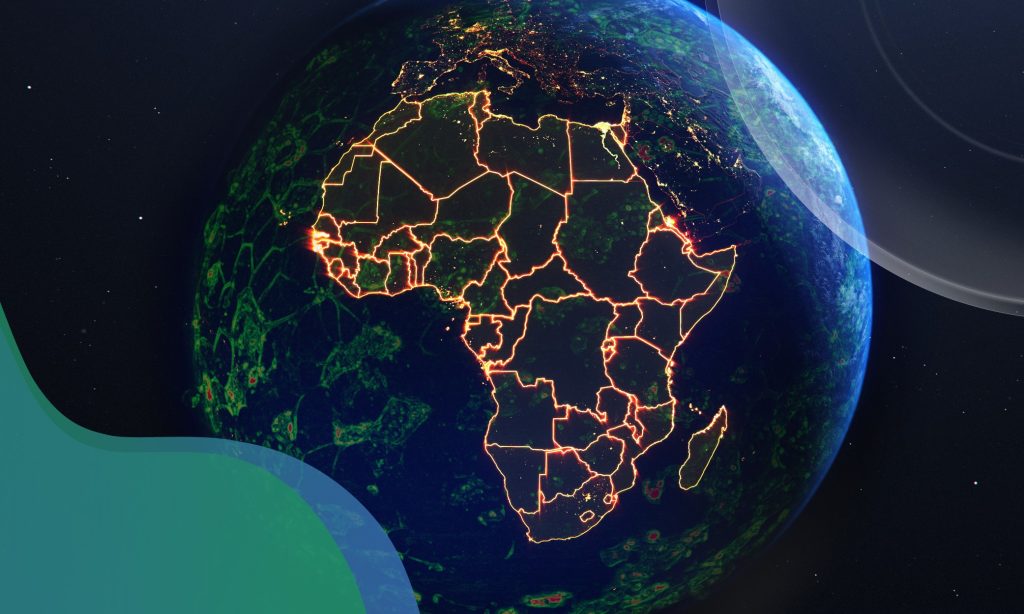
Maria Bernabeu Aznar
Group Leader and Co-chair of Infection Biology Transversal Theme
Bernabeu Group
EditEnabling external scientists and students to benefit from new collaborations, technologies and state-of-the-art equipment
EMBL is among the world’s highest ranked scientific research organisations aimed to explore the secrets of life. EMBL integrates 27 member states and employs close to 1800 people across its six research sites in Heidelberg, Barcelona, Grenoble, Hamburg, Cambridge (Hinxton) and Rome. The Infection Biology Transversal Theme at EMBL (IB-TT) has research groups spread across all 6 European sites, and are focused on characterising pathogen (viruses, bacteria, parasites) interactions with the host at an atomic, molecular, tissue and ecosystems level to better understand infection and antimicrobial resistance – a major health challenge facing the world today.
UNESCO is the main agency within the United Nations that aims to promote global peace and security, through the promotion of international cooperation in education, sciences, culture, communication and information. UNESCO works with science organisations to share ideas and establish standards, promote dialogue between scientists and policy makers, and enable the development of deeper international cooperation in science.
This initiative follows the Memorandum of Understanding (MoU) signed between EMBL and UNESCO to promote greater collaboration in the areas of open science, capacity building in developing countries, sharing of scientific resources and the promotion of gender equality in science.
The current call targets advanced female PhD fellows, postdoctoral scholars, and tenure-track group leaders holding a primary affiliation with a research group/programme based in Africa. Applications are especially welcomed from eligible candidates among the fellows of the UNESCO’s Organization for Women in Science for the Developing World (OWSD), and the L’Oreal-UNESCO For Women In Science (FWIS) awardees, who have demonstrated research excellence, and intend to use this placement opportunity to simultaneously expand their research program and contribute to capacity building in their home institution/region/country.
The successful candidate(s) will be hosted by an EMBL research group leader within the Infection Biology Transversal Theme for up to three months and participate in an ongoing project within the team. The candidate(s) will have the opportunity to acquire new wet lab and/or computational skills relevant to their own research and benefit from EMBL’s state-of-the-art infrastructure and its vibrant scientific community to build an international scientific network beyond borders.
EMBL provides financial and logistic support to the successful candidates through the Scientific Visitor Programme Office, covering the costs for visa, travel and accommodation for the duration of their stay. Further funding may be made available on a discretionary basis, taking into account information provided in the application form.
The Fellowship programme is co-sponsored by Sabine Kopp (KiKo gGmbH).

Group Leader and Co-chair of Infection Biology Transversal Theme
Bernabeu Group
Edit
Genomics Software Develop Project Lead
BioStudies Team
Edit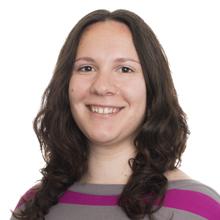
Visitor
Cortes Ciriano Group
Edit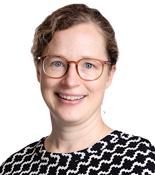
Group Leader and Co-chair of Infection Biology Transversal Theme
Kowalinski Group
Edit
Head of Molecular Systems Biology
Molecular Systems Biology Unit
Edit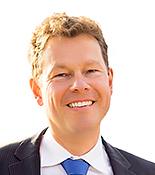
Group Leader and Senior Scientist
Huber Group
Edit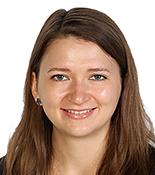
Group Leader
Zimmermann-Kogadeeva Group
EditSee top of this page for details on the projects offered by the groups above during the 2025 call.
This call is open to female scientists working in the area of Infection Biology.
Candidates are invited to apply for this opportunity via EMBL’s e-recruitment system (see button at the top of the page)
To apply:
1. Download and fill the pdf application form available at the top of this webpage. Review the application guide to fill in the form.
2. In the application form, complete all relevant details to the fullest extent possible and Indicate your two preferred projects with justification of selection from the list of projects provided on top of this page (downloadable as pdf)
3. Create a concise curriculum vitae/resume (maximum of 2 pages) and provide a valid ORCID ID where all your peer reviewed publications are included.
4. The letter of support on official letterhead paper should contain the contact information from your group leader (for PhD/postdoc applicants), or Department/Institution Head (for early career group leader applicants) and should state that they support your three-month stay at EMBL. The letter should be able to prove that you will continue to be funded following the return from your residency.
5. To submit your application on EMBL’s online jobs portal, please create a profile and upload your completed application form, curriculum vitae, and letter of support. All supporting documents should be uploaded in the CV/Cover Letter section, where multiple PDFs can be attached. If you have any questions or encounter any issues, please feel free to reach out
6. Please submit your application by the advertised deadline. Applications submitted after the deadline or in any other way or format will not be considered for evaluation.
7. If you have questions about the fellowship, or encounter problems during the application submission process – please contact the Scientific Visitor Programme Office at vp@embl.org.
11 February 2025: Call opens for applications
31 March 2025 (23:59 CET): Deadline for submission of applications
Mid to end of April 2025: Interviews with shortlisted candidates
May 2025: Final Panel Interview
June 2025: Result announcement
Autumn 2025: planned start of placements
Hosting group leaders will review all applications which target their laboratories for a placement and rank their preferred candidates to interview. Unsuccessful applications are notified immediately. Subsequently, the IB co-chairs will invite the top candidates for an online panel interview following which candidates shall be notified of the final outcome by May 2025.
Should you have any questions, please get in touch with the Scientific Visitor Programme Office.
Email: vp@embl.org
